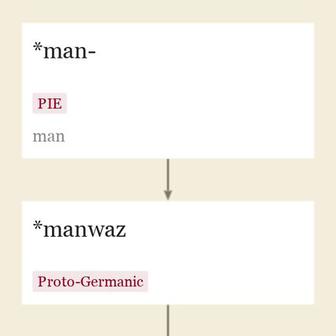pressman n.
1590s, "
Entries linking to pressman
c. 1300, presse, "
The general sense of "
The specific sense "
Press agent, employed to tend to newspaper advertisements and supply news editors with information, is from 1873, originally theatrical; press conference "
Via the sense "

"
Sometimes connected to root *men- (1) "
Specific sense of "
Man also was in Old English as an indefinite pronoun, "
As "
Man-about-town "
So I am as he that seythe, 'Come hyddr John, my man.' [1473]
MANTRAP, a woman's commodity. [Grose, "Dictionary of the Vulgar Tongue," London, 1785]
At the kinges court, my brother, Ech man for himself. [Chaucer, "Knight's Tale," c. 1386]
updated on October 27, 2020